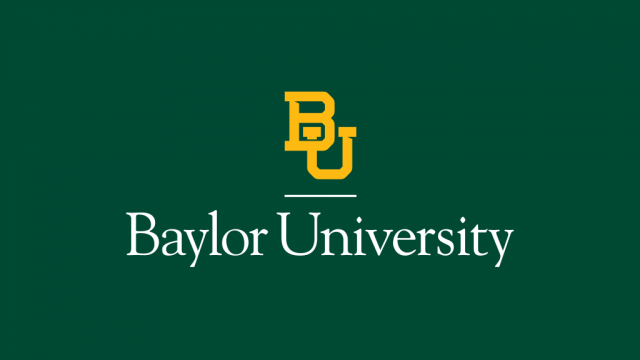Newswise — “Educating for Wisdom in the 21st Century University,” the 2011 Baylor Symposium on Faith and Culture, will convene Thursday, Oct. 27, through Saturday, Oct. 29.
Among the featured speakers at the international event will be eminent Old Testament scholar Walter Brueggemann; Andrew Delbanco, named in 2001 by TIME Magazine as “American’s Best Social Critic”; Anthony Kronman, former dean of Yale Law School; and Candace Vogler, chair of the philosophy department at the University of Chicago.
Baylor University President Ken Starr will join Wheaton College President Philip Ryken and Robert Spitzer, a member of the Society of Jesus and former president of Gonzaga University in Spokane, Wash., for a panel discussion open to the public on “Educating for Wisdom in Christian Universities” from 10:30 a.m. until noon on Friday, Oct. 28.
The symposium will be hosted by the Institute for Faith and Learning at Baylor. It has drawn participants from around the nation as well as Canada, Great Britain and Australia, said Dr. Darin Davis, director of the institute and an assistant professor of philosophy. More than 120 presenters representing more than 60 institutions and disciplines — among them the humanities, business, sciences and engineering — will gather at Baylor.
“This topic is resonating with so many people,” Davis said. “We believe our symposium provides a rich opportunity for students, professors and administrators to think broadly about the nature and purpose of higher education.”
He said that while the pursuit and transmission of wisdom historically has been at the heart of education, some critics claim that wisdom has been relegated to second-class status among universities’ other goals. Separated from other aims — such as discovering new knowledge or imparting marketable skills to eventual job seekers — wisdom too often is seen as the sole province of a few disciplines like philosophy and theology, and not at the center of the entire university’s work and purpose, he said.
“Ideally, every discipline in the university seeks to educate students for the long run, not simply for a first job,” Davis said. Baylor’s prominence as a Christian university makes it a most appropriate venue for the symposium because “it can draw on the treasures of biblical and theological reflection on wisdom,” he said.
Most sessions will be at Bill Daniel Student Center, 1311 S. Fifth St., with check-in in the foyer of the second floor. Some meals and presentations will be in Cashion Academic Center, 1400 S. Fourth St. Visitor parking will be behind Bill Daniel Student Center and in front of Cashion Academic Center.
The public may attend plenary sessions, held from 7:30 to 9 p.m. each of the three evenings, for free. Current Baylor faculty, staff and students may attend all conference activities for free except for meals. Registration is required by Baylor attendees who are presenting or wishing to dine.
Registration for others is $175; student registration is $75.
For questions about registration or the conference, call (254) 710-4805 or email [email protected]. For general conference information, including a schedule and topics, visit www.baylor.edu/ifl/bsfc2011
ABOUT BAYLORBaylor University is a private Christian university and a nationally ranked research institution, characterized as having “high research activity” by the Carnegie Foundation for the Advancement of Teaching. The university provides a vibrant campus community for approximately 15,000 students by blending interdisciplinary research with an international reputation for educational excellence and a faculty commitment to teaching and scholarship. Chartered in 1845 by the Republic of Texas through the efforts of Baptist pioneers, Baylor is the oldest continually operating university in Texas. Located in Waco, Baylor welcomes students from all 50 states and more than 80 countries to study a broad range of degrees among its 11 nationally recognized academic divisions.
